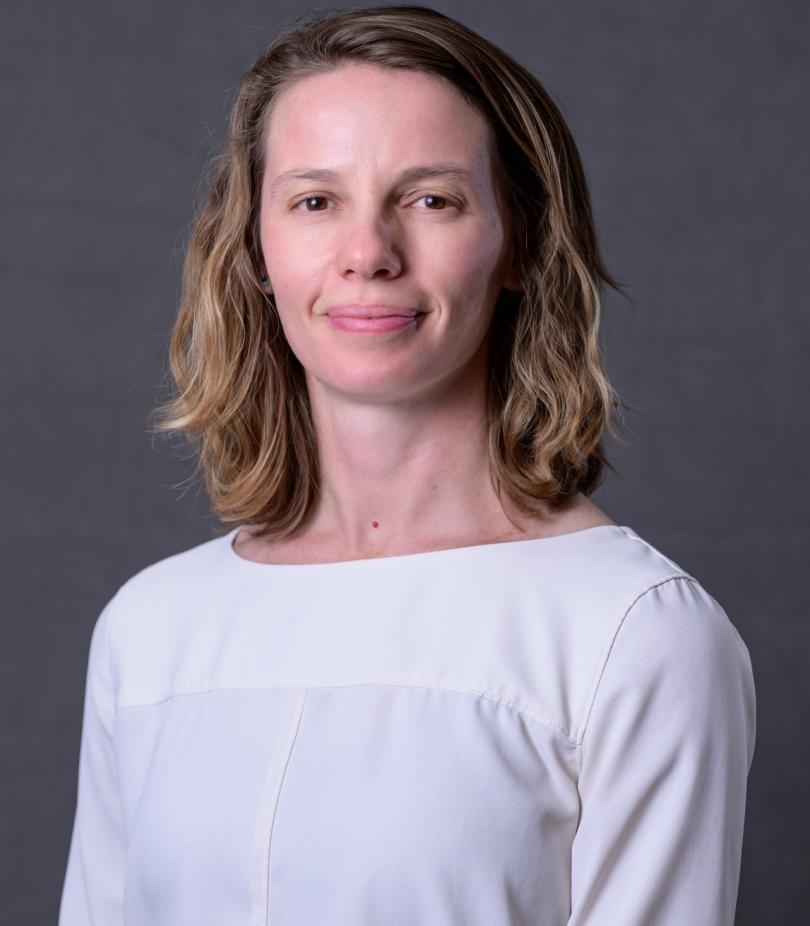 Dr. Erin Richard
Dr. Erin Richard
Bio:
Dr. Erin M. Richard is a Senior Lecturer in the Department of Biology at the University of Kentucky, where she integrates evidence-based teaching practices and mentoring into undergraduate science education and research experiences. Dr. Richard earned her Ph.D. from the Medical University of South Carolina and holds a B.S. in Chemical Engineering from the University of Kentucky. Dr. Richard has been recognized for her teaching excellence, receiving the UK Arts & Sciences Outstanding Teaching Award and has served as a faculty fellow in multiple teaching innovation programs. Her research background is in molecular biology and immunology and she currently focuses on student affective experience in STEM and on the microbial ecology of natural and waste waters. She serves as a co-PI on an NSF S-STEM grant supporting biology and neuroscience undergraduates and is dedicated to mentoring students and developing inclusive classroom and research environments.
Abstract:
Everyone is born with curiosity and the ability to use science to answer questions. Through observation and curiosity, we draw conclusions and make improvements in our world. Connecting students with their curiosity, their peers, and their communities prepares them to engage in understanding their environments and working to make them better. In this talk, I will demonstrate using science classrooms and research experiences to develop students into lifelong learners and problem solvers for the future. In a mini-lesson, I will demonstrate the use of evidence-based teaching methods in a lecture on Infection and Pathogenicity for an introductory microbiology course. Following this teaching demonstration, I will discuss my research program. Through both CUREs and research projects, students will learn to engage with their communities as stewards of water quality and with their peers through investigation of student affective experience. These enriched learning opportunities can prepare students for a changing world so they remain connected and engaged in the face of global warming, AI, and the myriad other challenges they will encounter. Drawing on my experience in biology education and research, I will demonstrate how well-crafted classrooms and authentic research experiences can foster transformative learning for undergraduates.
Watch the seminar here!
